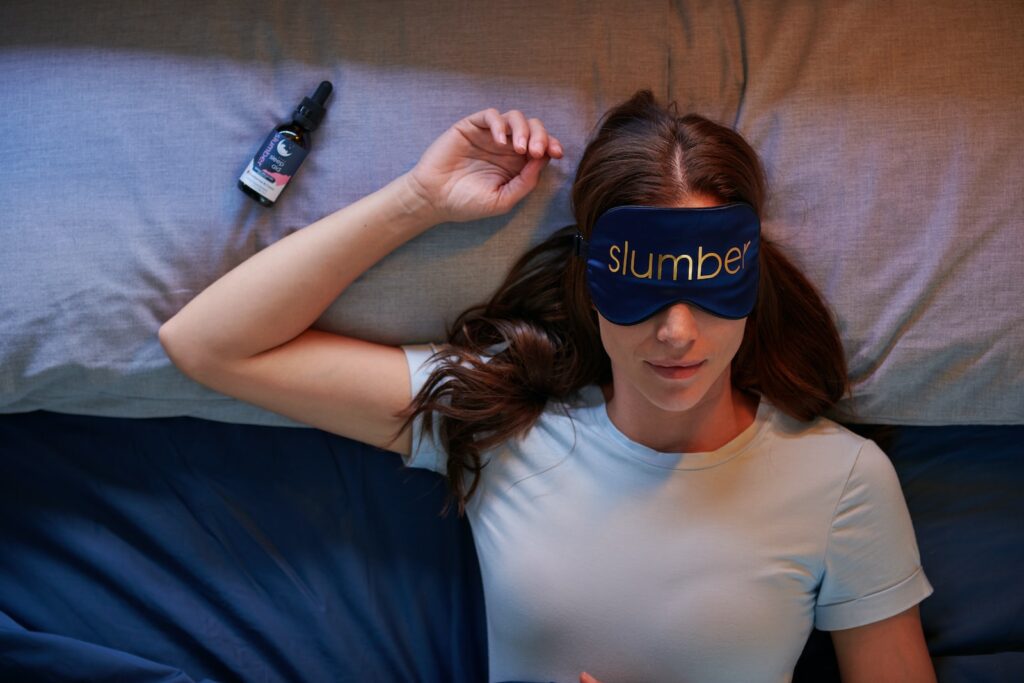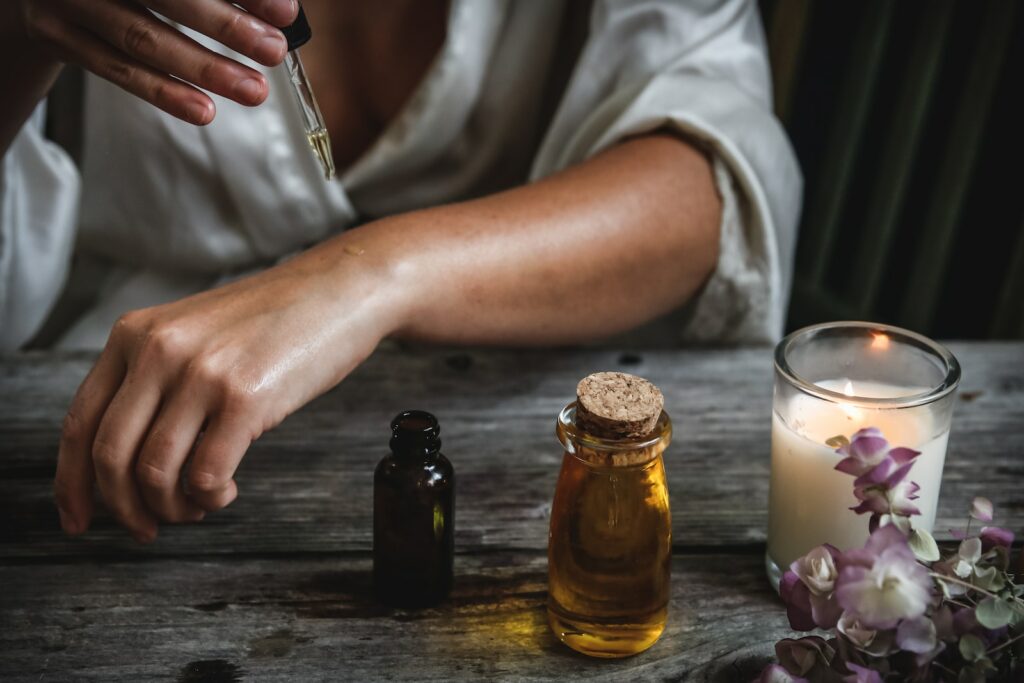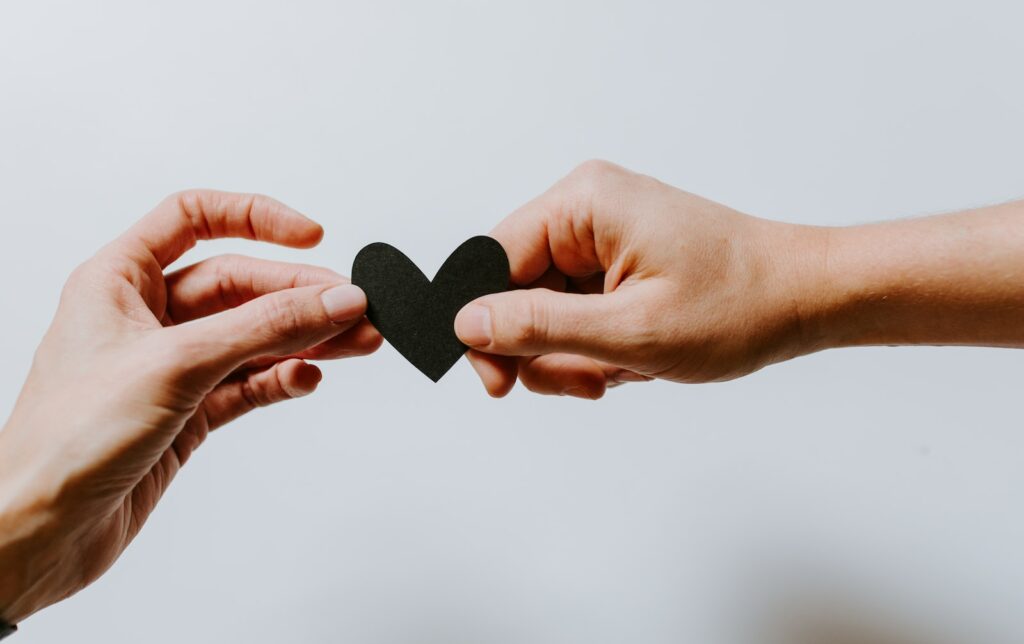In a world filled with stress and uncertainty, anxiety has become a common burden for many individuals. It affects people from all walks of life, regardless of age or background. However, managing anxiety doesn’t always have to involve medication or therapy. In fact, there are natural ways to alleviate anxiety symptoms and promote a sense of calmness and well-being. In this article, you will find eight valuable tips to help you manage anxiety naturally. Additionally, you will discover herbal tea recipes specifically designed to provide anxiety relief. These remedies offer a holistic approach to managing anxiety, giving individuals the tools they need to find peace and tranquility in their everyday lives.
8 Tips to Help You Manage Anxiety Naturally
Anxiety is a common mental health condition that can have a significant impact on a person’s daily life. While there are medications available to treat anxiety, many individuals prefer to explore natural methods of managing their symptoms. In this article, we will discuss eight tips to help manage anxiety naturally. These tips include exercising regularly, practicing deep breathing techniques, maintaining a healthy diet, getting enough sleep, managing stress levels, trying relaxation techniques, limiting caffeine and alcohol intake, seeking support, and considering herbal remedies. It’s important to note that while these tips may be helpful for some individuals, they may not be suitable or effective for everyone. If you are experiencing severe or persistent anxiety, it is essential to consult with a healthcare professional for personalized advice and treatment.
Exercise Regularly
Regular exercise is not only beneficial for physical health but can also significantly impact mental well-being. Engaging in aerobic exercises, such as running, swimming, or cycling, can help release endorphins, which are natural mood-boosting chemicals. Additionally, aerobic exercises increase blood flow to the brain, promoting relaxation and reducing anxiety symptoms. Incorporating activities like yoga or tai chi can also be helpful, as they focus on mindfulness and deep breathing techniques. Strength training exercises, such as weightlifting or resistance training, can build confidence and promote a sense of empowerment, which can contribute to anxiety reduction. Making exercise a regular habit is key to maintaining its benefits.
Practice Deep Breathing Techniques
Deep breathing techniques are an effective and accessible way to reduce anxiety symptoms. By slowing down and focusing on deep, controlled breaths, individuals can activate their body’s relaxation response, reducing their heart rate and promoting feelings of calm. Diaphragmatic breathing, also known as belly breathing, involves breathing deeply into the abdomen rather than shallowly into the chest. Box breathing, a technique often used in mindfulness practices, involves inhaling, holding the breath, exhaling, and holding again, all for a set count of seconds. Guided imagery involves using mental images or visualizations to promote relaxation, while alternate nostril breathing encourages breathing through one nostril at a time, alternating between them.

Maintain a Healthy Diet
What we put into our bodies can have a significant impact on our mental health. A diet rich in whole foods, such as fruits, vegetables, whole grains, and lean proteins, can provide essential nutrients that support brain health and function. Processed foods, high in sugars and unhealthy fats, can negatively impact mood and energy levels. Omega-3 fatty acids, found in fatty fish like salmon or in supplements, have been shown to reduce symptoms of anxiety. Additionally, including magnesium-rich foods, such as leafy greens, nuts, and seeds, can help regulate stress and anxiety levels. It’s important to consult with a healthcare professional or registered dietitian for personalized dietary recommendations.
Get Enough Sleep
Adequate sleep is crucial for overall health and well-being, and it plays a significant role in managing anxiety. Establishing a bedtime routine can signal to the body that it’s time to wind down and prepare for sleep. Creating a sleep-conducive environment, such as keeping the bedroom cool, dark, and quiet, can promote restful sleep. Avoiding stimulants, such as caffeine or nicotine, before bed is essential, as they can interfere with falling asleep and staying asleep. Natural sleep aids, like herbal teas or supplements, can be helpful for individuals struggling with sleep disturbances. Developing good sleep hygiene habits and prioritizing quality sleep can have a positive impact on anxiety levels.

Manage Stress Levels
Stress is often a significant trigger for anxiety, so finding effective ways to manage stress is crucial. Practicing good time management can help individuals prioritize tasks and reduce overwhelming feelings. Engaging in stress-reducing activities, such as hobbies or recreational activities, can provide a healthy outlet for stress. Mindfulness or meditation practices involve focusing on the present moment and accepting it without judgment, decreasing anxiety symptoms. Stress management techniques, such as cognitive-behavioral therapy or stress inoculation training, can provide individuals with valuable coping skills to navigate stressful situations.
Try Relaxation Techniques
Relaxation techniques can be a helpful tool in managing anxiety symptoms. Aromatherapy, the use of essential oils, can promote relaxation and reduce anxiety when used in diffusers or applied topically. Calming visualization techniques involve imagining oneself in a peaceful or serene environment, allowing the mind to focus on positive imagery rather than anxious thoughts. Progressive muscle relaxation involves tensing and releasing different muscle groups, promoting deep relaxation and reducing muscle tension. Guided meditation or hypnosis, accessed through mobile apps or online platforms, can provide individuals with guided relaxation experiences that can help reduce anxiety.

Limit Caffeine and Alcohol Intake
Caffeine and alcohol are two substances that can significantly impact anxiety levels. Caffeine, found in coffee, tea, energy drinks, and chocolate, is a stimulant that can increase heart rate and blood pressure, exacerbating anxiety symptoms. It’s important to understand the effects of caffeine and monitor intake for any anxiety triggers. Similarly, alcohol is a depressant that can initially provide a sense of relaxation but can lead to increased anxiety symptoms in the long run. Moderating alcohol consumption and being mindful of its impact on mental health is important. Replacing caffeinated and alcoholic beverages with herbal teas can provide a calming alternative.
Seek Support
Seeking support is a crucial step in managing anxiety. Talking to a trusted friend or family member about anxiety can provide emotional support and a listening ear. Joining a support group, either in-person or online, can connect individuals with others who can relate to their experiences and offer helpful coping strategies. Considering therapy or counseling can provide individuals with a safe and non-judgmental space to explore their anxiety and develop effective tools for managing it. Exploring online communities or forums dedicated to anxiety can provide a sense of belonging and connection with others who understand the challenges of living with anxiety.

Consider Herbal Remedies
Herbal remedies have been used for centuries as natural alternatives to traditional medications for managing anxiety. While scientific research on their effectiveness is limited, some herbs have shown promising results. For example, turmeric contains curcumin, which has been found to have anti-anxiety properties. Adaptogenic herbs, like ashwagandha and holy basil, can help the body adapt to stress and reduce anxiety symptoms. Valerian root and chamomile are commonly used to promote relaxation and improve sleep. It’s essential to consult with a healthcare professional or herbalist before incorporating herbal remedies into one’s routine, as they can interact with medications or have adverse effects in some individuals.
Consult a Healthcare Professional
While natural methods of managing anxiety can be helpful, it’s essential to consult with a healthcare professional for personalized advice and treatment. Discussing anxiety symptoms with a doctor can help determine the most appropriate course of action, whether that involves additional therapies, lifestyle changes, or medication. Cognitive-behavioral therapy, a type of talk therapy, has been shown to be effective in treating anxiety disorders. Exploring medication options, such as anti-anxiety medications or antidepressants, may be necessary for individuals with severe or persistent anxiety. A healthcare professional can provide personalized guidance based on an individual’s specific needs and circumstances.

In conclusion, managing anxiety naturally requires a holistic approach that encompasses various lifestyle changes and techniques. Incorporating regular exercise, practicing deep breathing techniques, maintaining a healthy diet, getting enough sleep, managing stress levels, trying relaxation techniques, limiting caffeine and alcohol intake, seeking support, and considering herbal remedies can all contribute to reducing anxiety symptoms. It’s important to remember that what works for one person may not work for another, and it may take time to find the right combination of strategies that work best for you. Consulting with a healthcare professional is essential for personalized advice and treatment options. With time and effort, it is possible to effectively manage anxiety and improve overall well-being.
